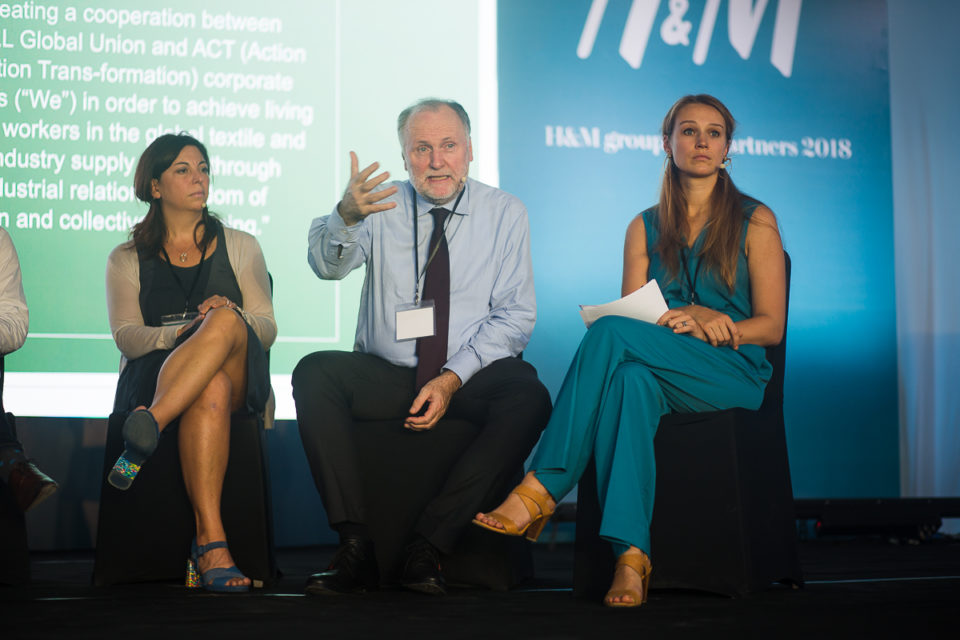‘Right Wage’ has been a topic of discussion in the global apparel manufacturing destinations from the past many years… To discuss this key industry issue, Swedish fashion retailer H&M organized Fair Living Wage Summit 2018 in Phnom Penh, Cambodia.
At the event, H&M said that the industry needs to ensure that wages are fairly distributed, frequently revised and meeting workers’ needs.
“By collaborating with others who are just as committed to this crucial topic as we are, we’re convinced that our industry can take big leaps forward,” says Jenny Fagerlin, Global Social Sustainability Manager, H&M Group.
The idea is to create processes to make fair negotiations possible and finding collaborations on industry level that would allow the whole industry to transform. At factory level, H&M is pleased to have reached and exceeded the two time-bound goals it had set in 2013: to empower garment workers; and to execute improved wage management systems to make sure that suppliers have transparent and fair systems in place and that garment workers are aware of how their wages are set and can be increased.
The company said that it has reached 930,000 garment workers with the work it does at factory level.
During 2013-18, H&M has improved its purchasing practices to shun last-minute changes and ensure that labour costs are excluded from price negotiations with suppliers. “We ask our suppliers through surveys how we can improve, and today 93% of our suppliers perceive us as a fair business partner,” H&M.
The average wage at supplier factories producing for H&M group is between 24% (Cambodia) to 93% (China) higher than the minimum wage level. Also, the wage level at the 500 factories that are improving their wage management systems is between 2% (Turkey) to 11% (Indonesia) higher than the factories not yet enrolled in these programmes.

